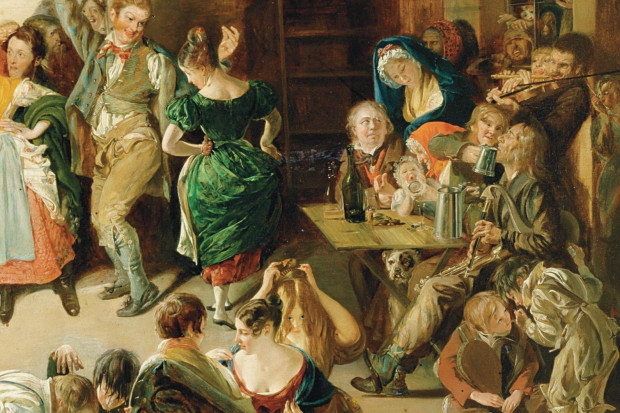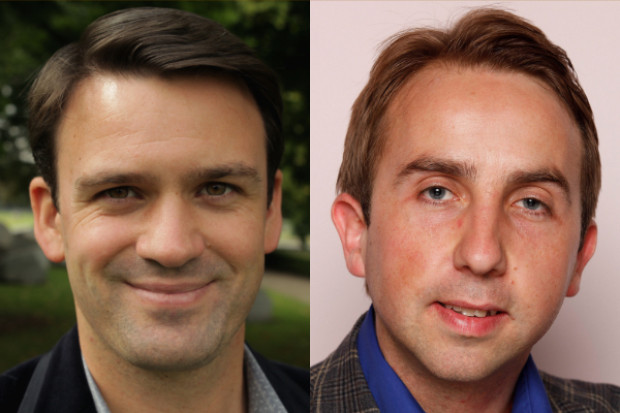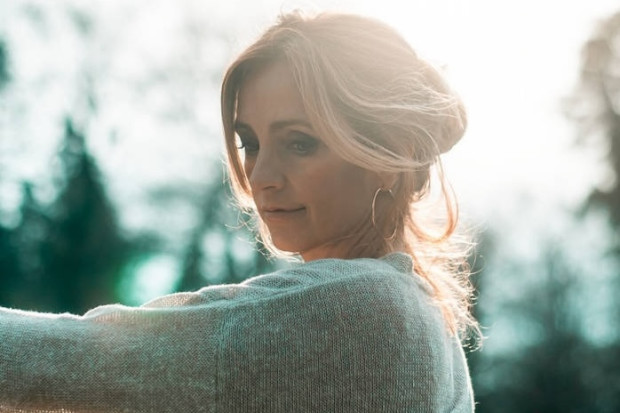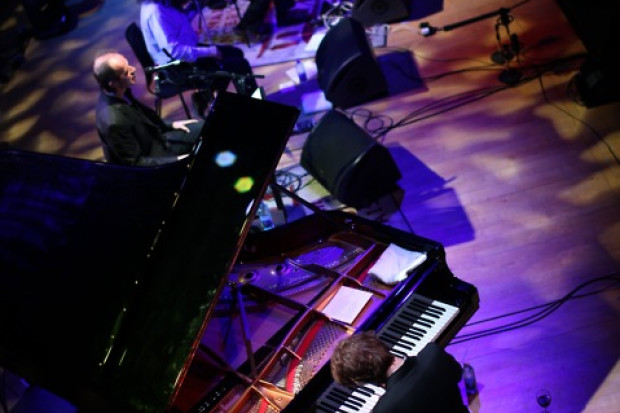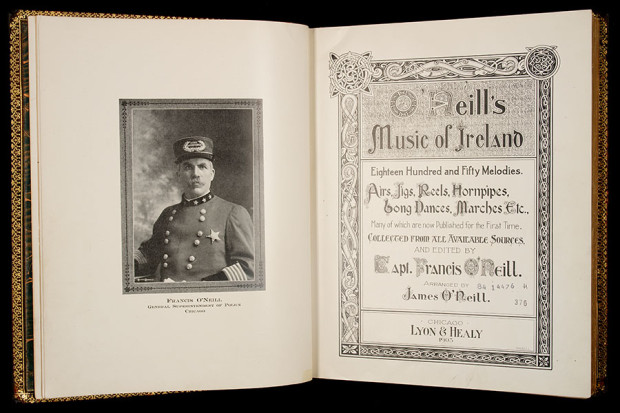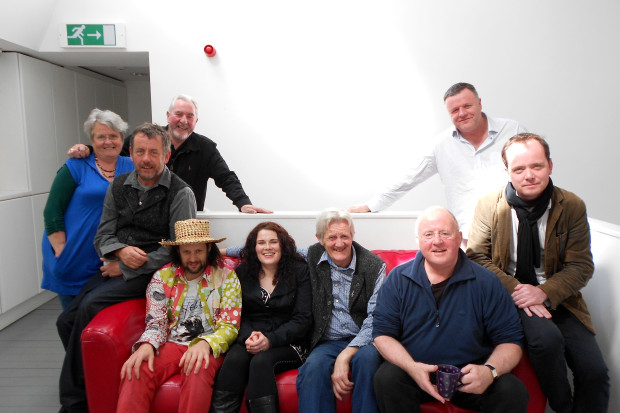Inbox
Daithí Kearney, Castlemartyr, Co. Cork, writes:
Niall Keegan (The Journal of Music, December/January) presents an interesting perspective on the role of language in the development of traditional music, but his view that discussion relating to ‘pure’ and ‘authentic’ traditional music is restricting creativity is quite negative. He also suggests that there is a limited understanding of regional styles in traditional music, that they are a construct of human processes that may not relate directly to the actual music of a place.
I want to suggest a different interpretation regarding the role of language. Keegan bemoans a perceived lack of creativity in traditional music, a result of the need to talk in terms of, and replicate, the styles and music of a past generation of musicians. There is also a positive aspect of the way we talk about music: the musicians of the past, in themselves innovators, provide inspiration for the ways we can take and reinterpret the music. For example, the fiddle tradition of the Sliabh Luachra region in Cork/Kerry, in itself changed by the new sounds introduced by Pádraig O’Keeffe, has been almost replaced by the sound of the button accordion. Similarly, the flute is an increasingly popular instrument in the Sligo region, though the stories are dominated by references to fiddle players in the USA. Despite the apparent contradictions that exist in the narratives of regions, the variety of sounds created by historical figures expand rather than limit the creative possibilities in the traditional arts and should encourage the ongoing evolution of the tradition.
In essence, in performing Irish traditional music, we are part of a process in which the music is constantly evolving. Instead of repeating the sounds of the past, we should acknowledge the creativity and innovation of those who have been part of the process. Instead of being concerned with language, I propose that we strive for a greater understanding of the processes in traditional music. The stories told of Irish traditional music are part and parcel of what the tradition is and an integral element of what connects the music to the myriad of places around the world where this music has been part of the lives of people. It may be a slow process but traditional music continues to change and diversify, often at a rate that can only be appreciated retrospectively.
Published on 1 February 2010










